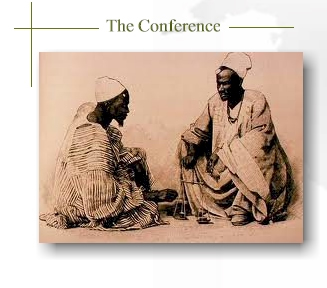










 |
|||||||||||||||||||
|
Context Nowadays Islam is clearly a growing source of suspicion and hostility in many societies. This situation is partly due to the numerous clichés and misunderstandings of the teachings of the faith in the media, and partly due to the various acts of terrorists who use the name of Islam in order to justify their ideology of violence and intolerance. Very often the media’s problematic treatment of Islam in its global and political contexts at large and of the concept of “Jihad” in particular, does not address the pervasive misunderstanding of the faith, nor does it do justice to its fundamental teachings of peace, tolerance, and forgiveness. In order to shed light on the central social and spiritual teachings of Islam and to emphasize the dominant understanding of the meaning of Jihad as self-improvement, it is pivotal to examine the legacies of Muslim leaders around the world who have promoted enduring traditions of nonviolence, tolerance, diversity, and respect of all cultures and religions. |
||
|